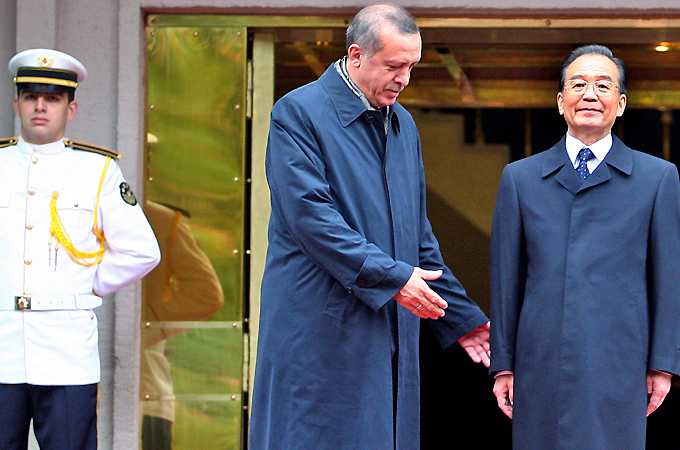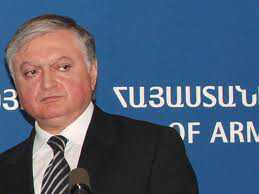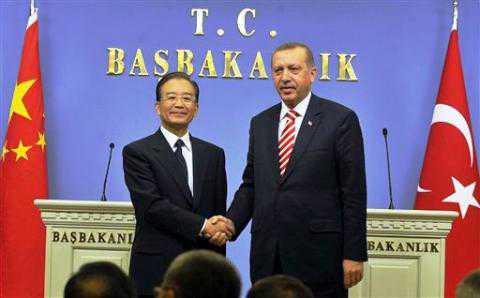* Says Pakistan eager to enhance mutual cooperation between two countries
* Suggests currency swap agreement to facilitate business, trade, commerce
Staff Report

ISLAMABAD: President Asif Ali Zardari on Wednesday, while meeting with Turkish Prime Minister Recep Tayyip Erdogan at the Presidency, called for upgrading rail linkage between Pakistan and Turkey
Briefing the media, the president’s spokesman, Farhatullah Babar, said the president, during the meeting, reiterated the proposal of upgradation of railway lines between the two countries and urged the Turkish PM to seriously consider the proposal. He said that Pakistan was eager to further enhance mutual cooperation between the two countries for taking maximum advantage of the existing potential of the two countries and to fully translate their equation into a strategic partnership.
He said that the railway line upgradation project between the two countries was one such step for not only speedy transportation of cargo, but to open new vistas of opportunities for the people and contribute towards economic development. The president said that there was a need to urgently evaluate similar projects so that the next step that involves raising finances could be vigorously pursued.
In this context, the president also suggested a currency swap agreement between the two countries to facilitate business, trade and commerce.
Babar said the president also felicitated the Turkish PM on the vote for a series of democratic measures in the recently held referendum. He hailed the verdict on reform package as a triumph for democracy and democratic processes and recalled the recent democratic reform in the shape of the 18th Amendment in Pakistan.
The president also appreciated the Turkish government’s generous assistance, both in cash and kind, for providing relief to flood victims in Pakistan and also its pledge to actively participate in reconstruction and rehabilitation activities for the flood-affected people. He said the government and people of Pakistan greatly value sensitivity and the support of the Turkish people and government at this hour of need.
The president said both countries needed to aim at increasing their trade and investments equations and further cooperate especially in transport, telecommunications, manufacturing, tourism and other industries.
Discussing the regional situation, Zardari said that Turkey had an important role to play for not only bringing in socio economic development in the region, but also for stability in the region, adding that regional issues could best be addressed by regional powers.
Prime Minister Erdogan thanked the president for the warm welcome and said that Turkey would continue to support Pakistan and its people at every critical occasion and would actively participate in the reconstruction and rehabilitation phase for the flood affectees.





